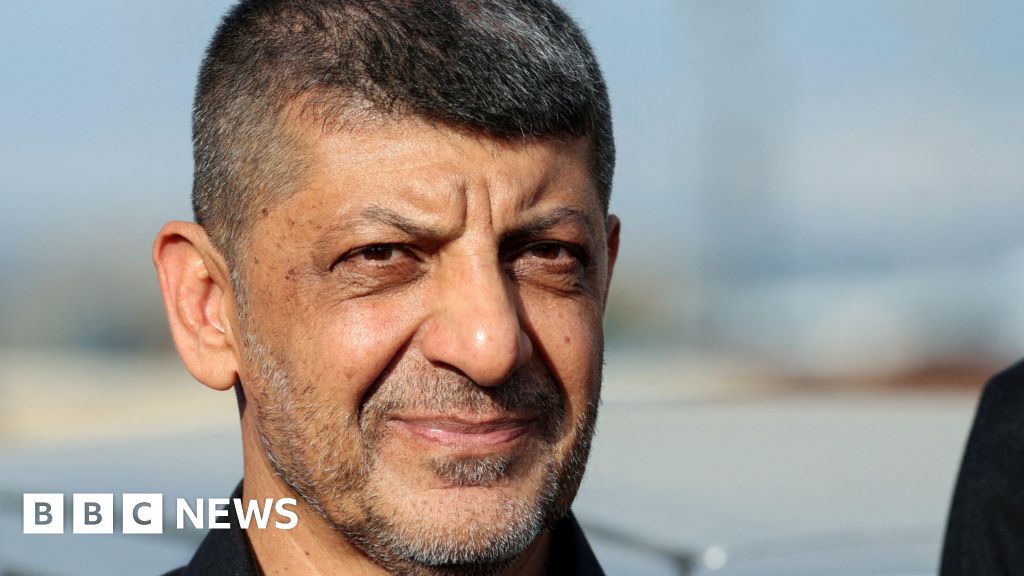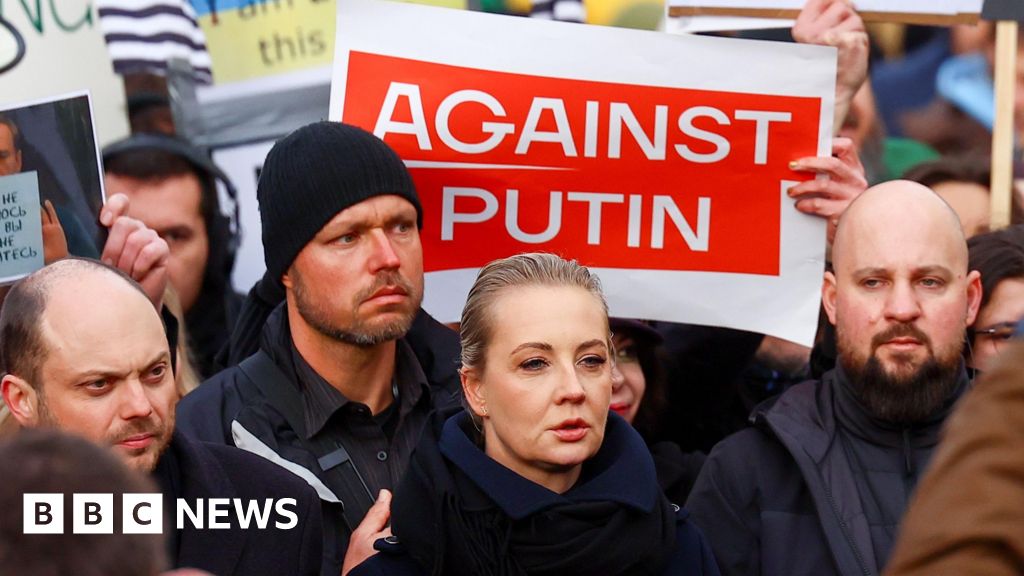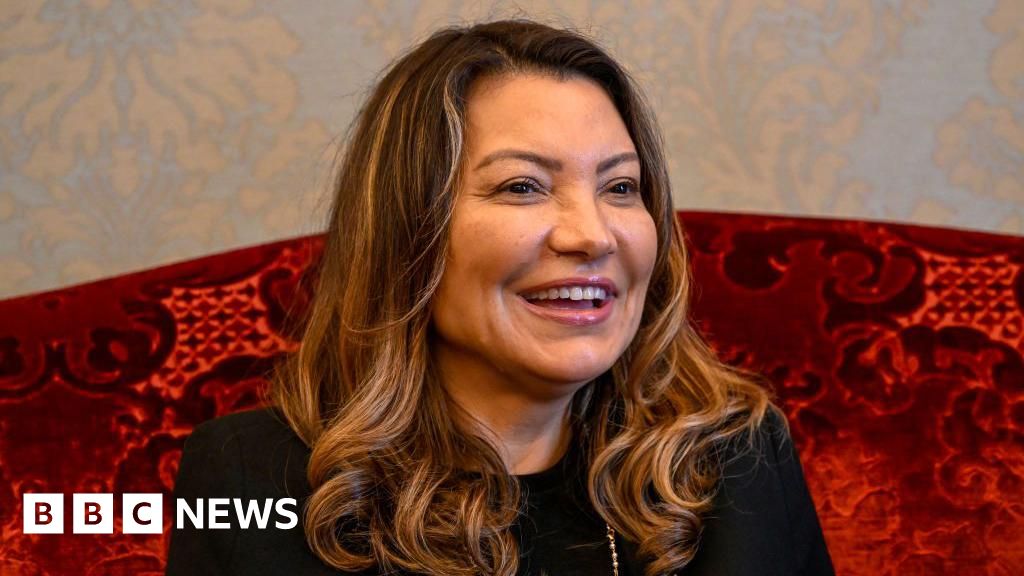ARTICLE AD BOX
Image source, NurPhoto/Getty Images
Image caption,Burnt-out vehicles outside Sri Lankan President Gotabaya Rajapaksa's private residence in Colombo on Friday
A nationwide state of emergency has been declared in Sri Lanka, a day after protests outside the president's house turned violent.
Protesters stormed barricades and set vehicles ablaze near President Gotabaya Rajapaksa's private residence in Colombo on Thursday.
The military has since been deployed and now has the power to arrest suspects without warrants.
Sri Lanka is in the midst of a major economic crisis.
It is caused in part by a lack of foreign currency, which is used to pay for fuel imports.
Faced with power cuts lasting half of a day or more, a lack of fuel and essential food and medicines, public anger has reached a new high in the island nation of 22 million.
The protest outside President Rajapaska's house on Thursday began peacefully, but participants said things turned violent after police fired tear gas, water cannons and also beat people present.
Protesters retaliated against the police by pelting them with stones.
At least two dozen police personnel were reportedly injured during the clashes, according to an official cited by Reuters news agency.
On Friday, 53 demonstrators were arrested, and five news photographers were allegedly detained and tortured at a police station, AFP news agency reported. The government said it will investigate the latter claim.
Despite the crackdown, protests continued, and spread to other parts of the country.
In the capital, demonstrators carried placards calling for the president's resignation.
The government has imposed a curfew in the capital for a second night in a row, and has expanded it to include the whole of the country's Western Province, according to AFP.
President Rajapaksa said the decision to declare a state of emergency was taken in the interests of public security, the protection of public order, and to ensure the maintenance of supplies and essential services.
A UN representative in the country, Hanaa Singer-Hamdy, called for restraint from all groups in a tweet.
The demonstrations mark a massive turnaround in popularity for Mr Rajapaksa, who swept into power with a majority win in 2019, promising stability and a "strong hand" to rule the country.
Tear gas and water cannon fired at Sri Lanka protesters

 2 years ago
50
2 years ago
50








 English (US)
English (US)